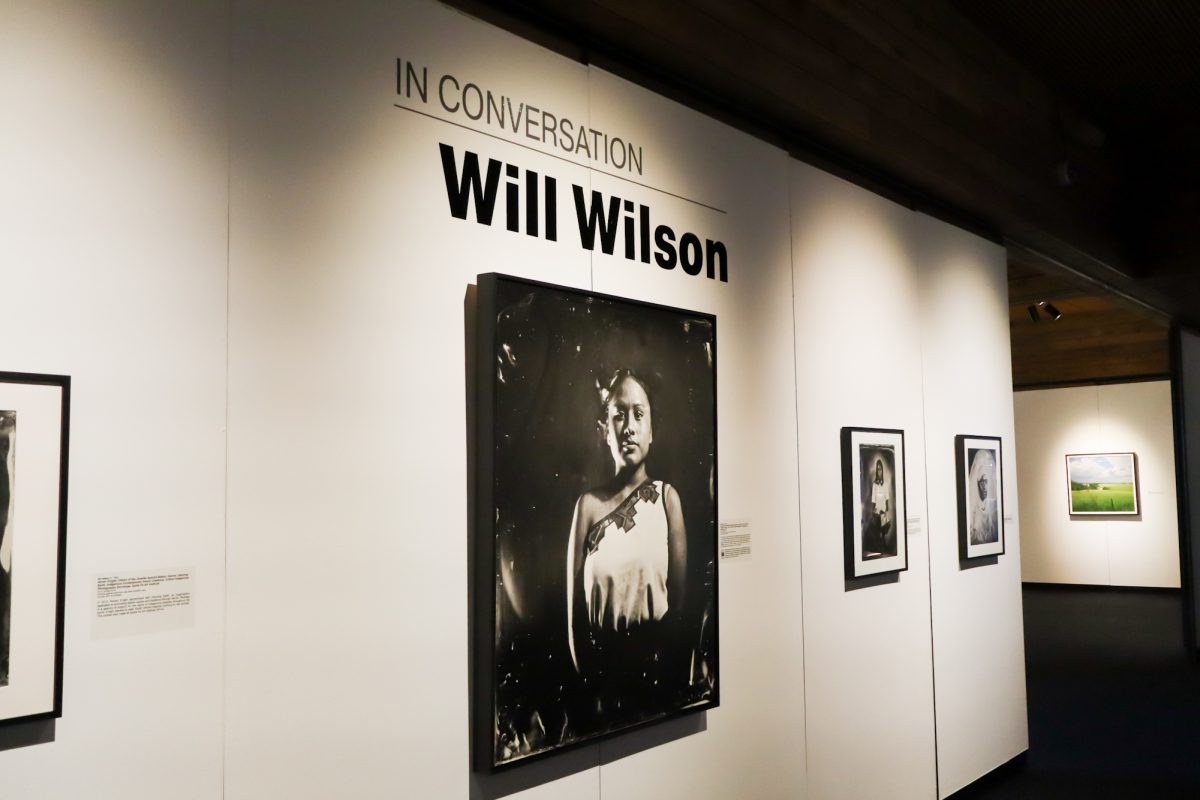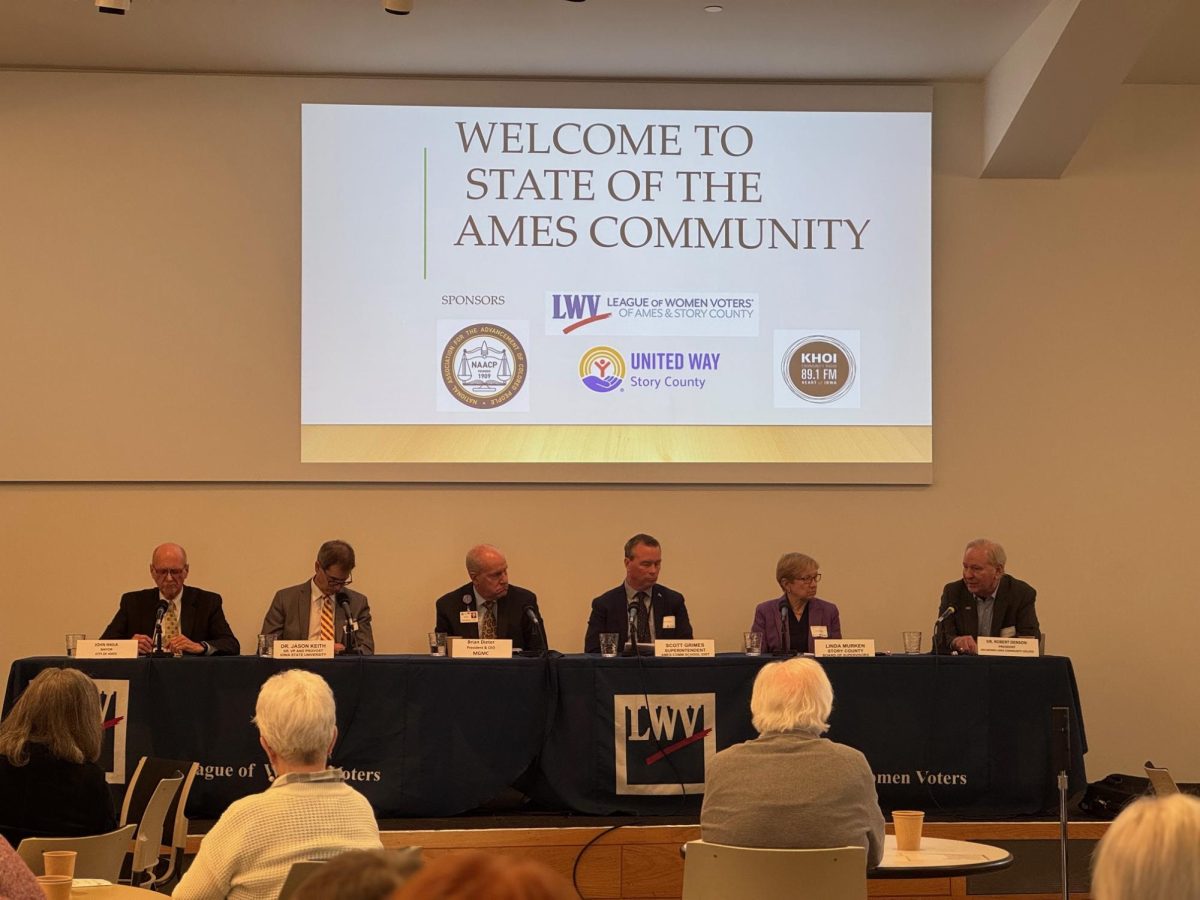‘Family values’ not factor in shootings
March 27, 1998
Family values? The traditional family? Please, I thought that this nostalgic myth was long dismissed. Yet it resurfaces in the editorial board’s “In Our Opinion.” I am not sure what you mean by “the traditional family,” but it usually represents a working father, a stay-at-home mother (doesn’t mean she isn’t working, though) and some kids scattered around the house. The thing is, this type of family has NEVER been the norm. Only 43 percent of American households conformed to this ideal in 1960 — supposedly the heyday of the “traditional family.”
The editorial board argues also that “[t]he deterioration of youth is highly correlational with the deterioration of the traditional family.” Not true, given that one of the indicators mentioned — divorce — began to increase in 1970, stabilize in 1980 (albeit at high rates), and even has declined modestly since 1980. By the way, today about one in four children live in a single-parent household, which is about the same as in 1900. Of course, the paths taken are different: divorce vs. death of parent, respectively.
Teen crime is better explained by poverty, neighborhood and school quality and parental unemployment than by any measure of family structure and values. As you state, “there is no easy solution to this problem.” Correct. As well, there is no easy answer to the problem and the answer is certainly not located in the deterioration of the traditional family.
No, something else is going on that doesn’t fit neatly into a traditional family/values package. Even indicators of parenting don’t tell us much. In 1960, the average dad spent 15 minutes/day in childcare and the average mom about 54 minutes/day. These figures are about the same today, although moms in the labor force spend less than stay-at-home moms. On the other hand, most families need the second income to get by. Certainly, though, something is happening in our adolescent culture that is alarming.
Don’t be fooled by rhetoric on family values. Our department offers some great classes taught by knowledgeable profs that scrutinize real-life data to begin understanding American culture and American families. We’d be happy to have y’all join us.
Scott Myers
Assistant professor
Sociology






